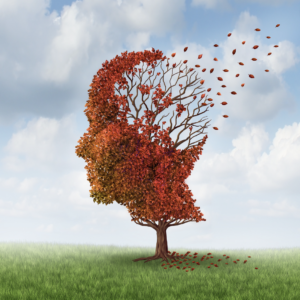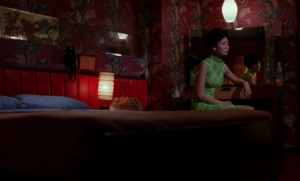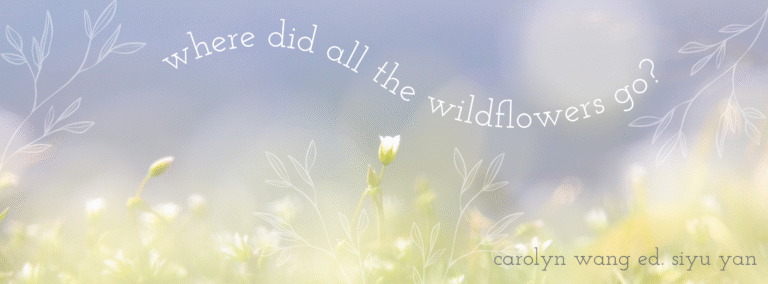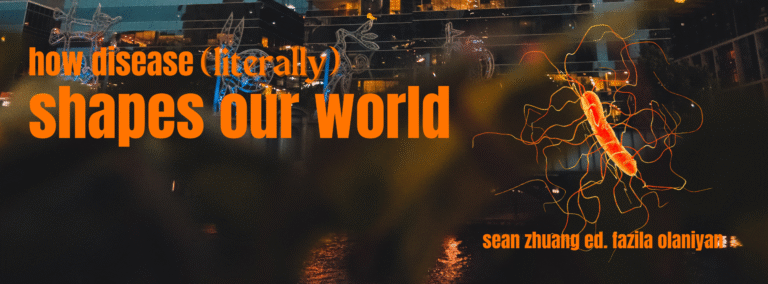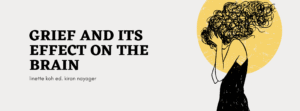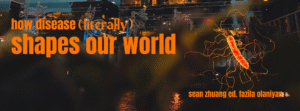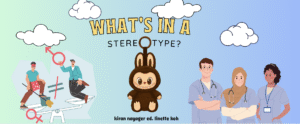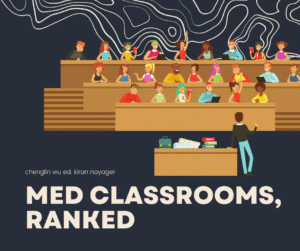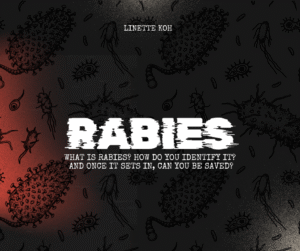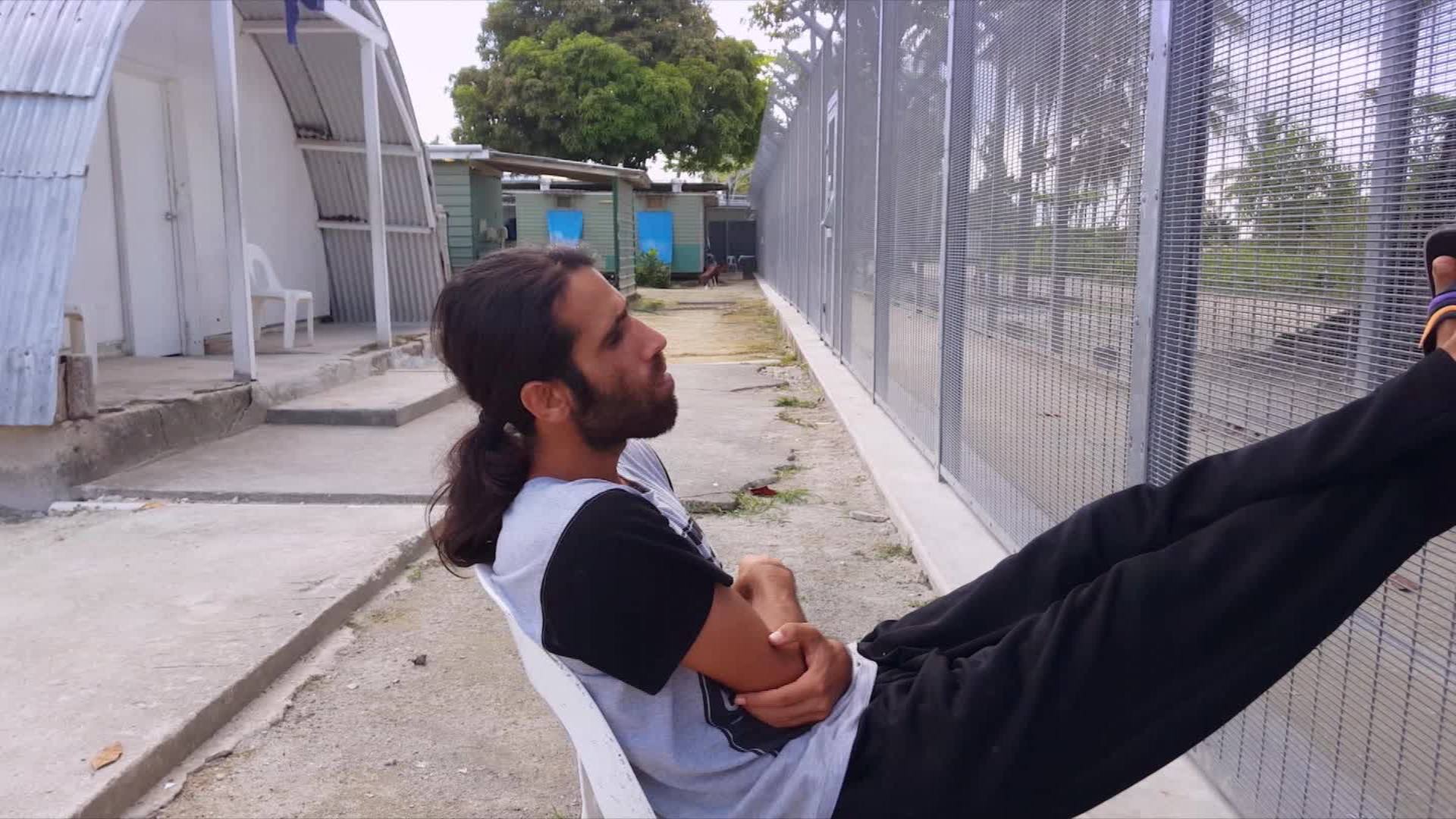
by MATT FADHIL
On Monday September 3rd, just as I began to write this film review, a 22-year old Iraqi asylum seeker detained at the Yongah Hill detention centre in Western Australia was found in his cell in a critical condition after having attempted to take his own life. The incident triggered a wave of riots at the facility, with inmates scaling fences and setting buildings alight. In the aftermath of the drama, Ian Rintoul, a spokesperson from the Refugee Action Collective, summarised the issue well: “he needed mental health assistance, and got nothing. He is a victim of neglect. He is a victim of detention.”
Chauka, Please Tell Us the Time is a 2017 documentary film co-directed by Behrouz Boochani, a Kurdish-Iranian journalist who fled persecution in Iran, sought asylum in Australia and, for the last five years, has been detained on Manus Island. Over a period of four months in 2017, Boochani recorded the footage covertly on a mobile phone from within the Manus Island detention centre, piecing the film together via email correspondence with co-director Iranian-Dutch filmmaker Arash Kamali Sarvestani. The result is an uncensored glimpse into life in detention: a film that documents with ruthless precision the everyday hell faced by asylum seekers on Manus Island, Nauru, and in onshore detention centres just like Yongah Hill. One year since its release, Chauka, Please Tell Us the Time remains just as powerful and, tragically, just as relevant.

Much of the documentary centres on the first-hand accounts of abuse and mistreatment shared with Boochani by fellow detainees. We hear from an inmate whose throat was slashed during an altercation with a guard; we listen to another man describe the psychological intimidation he suffered at the hands of guards while detained in the island’s solitary confinement complex. The conversations are real, intense – Boochani’s handheld camera positions the viewer as an unwilling confidante to the inmates’ tortured confessions.
Chauka also makes clear the soul-crushing monotony of infinite detention. Boochani’s mobile phone captures the everyday sights and sounds of life in the Manus Island detention centre with an almost surreal intensity: a steel door being locked shut, a fan whirring incessantly over rows of empty white chairs, the quizzical faces of three Manusian kids peering through the wire fence. The shots are edited together by Sarvestani into long, minimalistic sequences that bear the mark of his mentor, Palme D’Or-winning Iranian auteur Abbas Kiarostami. Even the music is masterfully crafted: a haunting, mournful Kurdish folk tune sung by one of the inmates plays out over the film’s tragic but understated climax.
Importantly, Boochani in Chauka also extends his attention to the locals on Manus Island. Throughout the documentary, the director records several conversations with neighbouring Manusians, all of whom denounce their island’s occupation by the Australian immigration system and speak mournfully of the shadow that the centre has cast on their homes and way of life. In one of these conversations, the title of the film takes on a bitter significance. A Manusian elder explains that the word “chauka” – the island’s native bird, whose hourly singing is sacred to the local culture – was appropriated by guards at the detention centre into the name of the solitary confinement complex, a site of punishment and cruelty (closed in May this year after the release of confidential reports detailing brutalities there).
I watched Chauka for the first time last month at a screening at Melbourne Town Hall, as part of AMSA’s Global Health Conference. After the screening, we were lucky enough to hear from Behrouz Boochani himself, live on the phone from the Manus Island detention centre. The line was crackly, the translation stilted, awkward. Even so, for everyone listening, the rage in Boochani’s voice was palpable. He condemned the failings of the International Health and Medical Services (IHMS), the private company contracted by the Australian government to provide healthcare throughout the immigration detention network – describing IHMS as “the most hated organisation on the island”, providing grossly inadequate healthcare with the intention of letting inmates suffer and provoking asylum seekers to return to their home countries. He condemned, also, a recent tweet by the AMA (since taken down) that acknowledged the contributions of medical staff on Manus Island and Nauru. From Boochani’s perspective, any doctors and nurses that attempt to provide genuine care to detainees are promptly forced out, and the only medical staff left behind are those staff willing to comply to the IHMS’ political agenda. The AMA’s tweet, Boochani argued during the phone and on Twitter, legitimises IHMS’ behaviour on the island rather than holding the organisation to account.

You might be shocked by this tweet. I sure was. Boochani’s language is harsh, confronting. He seems to be biting the hand that feeds him, blackening the character of those who might simply be constrained by the system in which they are operating. But in viewing Chauka, and in hearing the testimonials of so many other detainees on the island, the basis for his argument is made clear. The medical system as it exists in Manus Island today is perverted beyond recognition. Participating in this system, even with the best of intentions, can do nothing to change it. To address the rampant physical and mental illness of detainees on Manus Island, Nauru and throughout the immigration detention network, the system needs to be remade entirely.
Chauka, Please Tell Us the Time is an extraordinary documentary. Since its release last year, it has been selected for festivals from Gothenburg to London. Even so, I’m not going to give Chauka a rating. All I’m going to say is that this film represents a glimpse by one detainee into the everyday hell into which we’ve consigned him. The least you can do is to watch it.
Chauka, Please Tell Us the Time is available to watch online at https://vimeo.com/ondemand/chauka. Also make sure to check out Boochani’s 2018 memoir, ‘No Friend But the Mountains: Writing from Manus Prison’.

